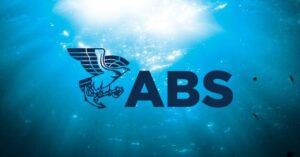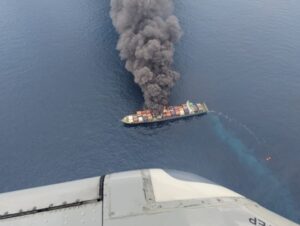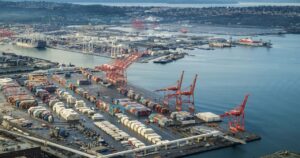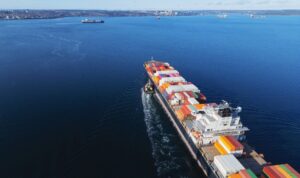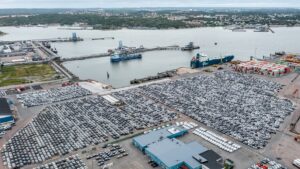Mitsui O.S.K. Lines (MOL Group) has announced that it has applied to the Nippon Foundation for funding as it looks to start demonstration voyages of autonomous ships.
According to a statement, the MOL Group said two of its group companies and other consortium members jointly approached the Nippon Foundation, a Tokyo-based private grant-making organisation.
The Japanese carrier says it has been working with Mitsui E&S Shipbuilding and Furuno Electric to develop the underlying technologies needed for autonomous shipping.
It plans to launch said from unberthing to berthing demonstration voyages with support from the Nippon Foundation, with pilots beginning in 2020.
The demonstration voyages will be conducted with a coastal containership owned by Imoto Corporation and operated by Imoto Lines.
It will use surrounding technology based on Furuno Electric-developed and owned sensors and Mitsui E&S-developed ship handling for avoidance and auto berthing technologies.

Additionally, it will utilise drones throughout the demonstration voyage to monitor the mooring process.
The entire programme will be overseen by MOL Group, which will conduct risk assessments, drawing upon its accumulated expertise in ship operations management.
The MOL Group said it is working to realize autonomous vessels to achieve two aims – further enhancement of safe operation by using new underlying technologies, and reduction of crewmembers’ workload.
Other attempts to develop versatile technologies include demonstration voyages with another containership and a large (10,000-ton plus) roll-on roll-off (RoRo) vessel.
These are two of the major types of vessels involved in coastal shipping, and operate in a severe work environment. The MOL Group believes that autonomous sailing can address safety issues and reduce human errors, which contribute to about 70% of marine accidents.
Coastal shipping, the target of the program, is a key element of Japan’s logistics system, transporting about 40% of the nation’s domestic cargo and about 80% of basic industrial commodities on a ton-kilometer basis. However, the costal shipping sector has many considerable drawbacks, most notably an ageing workforce.


